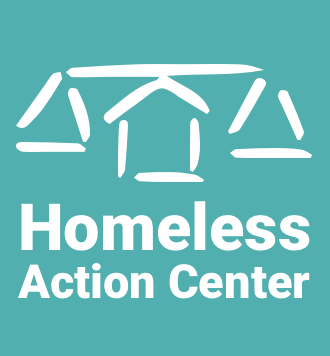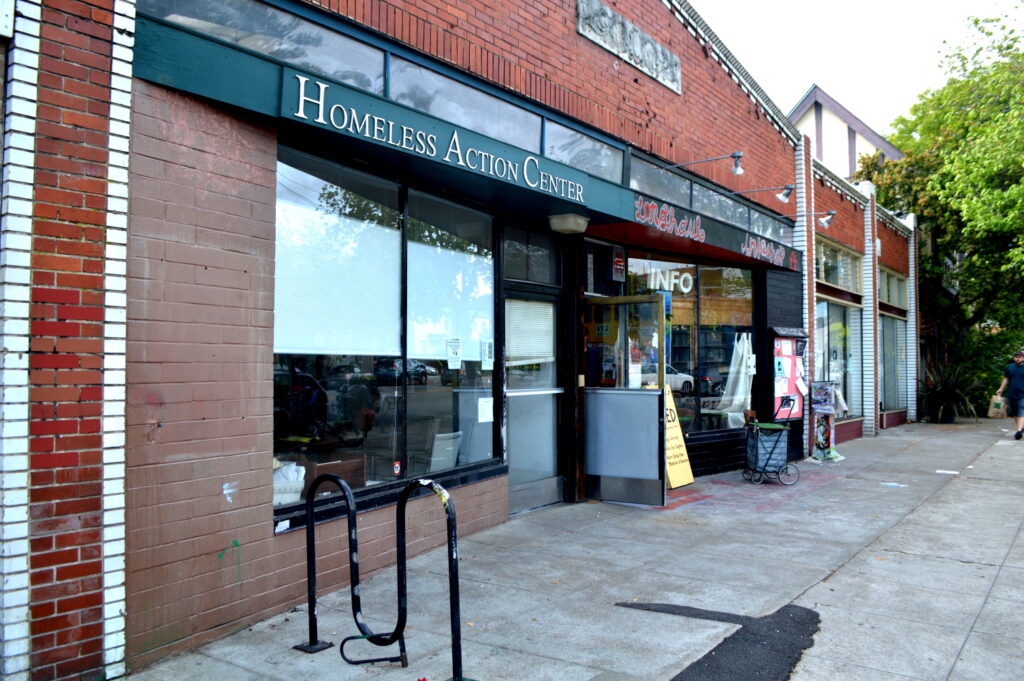San Francisco Chronicle
– by Bob Egelko
Thirty-one-year-old Darryl Finney has been homeless since age 19, living on the streets, and occasionally in shelters and jail cells, in Oakland and Berkeley. He has held a few jobs, but not for long, because of what his lawyer describes as severe mental illness, including bipolar disorder and depression. He tried to kill himself when he was 11 and again at 13, according to court filings.
But when Finney applied in 2018 for Supplemental Security Income, the federal benefit for poor people unable to work because of age or disability, the government said he should have gotten mental health treatment and then looked for work.
Now a federal appeals court has ordered officials to reconsider Finney’s application, saying there were reasons — including his mental illness — that he has been either unable or unwilling to seek treatment. His case “is not at all unusual,” said his attorney, David Waggoner of the Homeless Action Center in Oakland.
“Anyone who’s had engagement with the federal bureaucracy knows it’s difficult to understand. Add poverty and mental illness, and it makes it essentially impossible,” Waggoner said. Especially for “someone who has no address, no ability to engage a massive bureaucracy,” he said.
Read the full article at sfchronicle.com.
Download the Article
